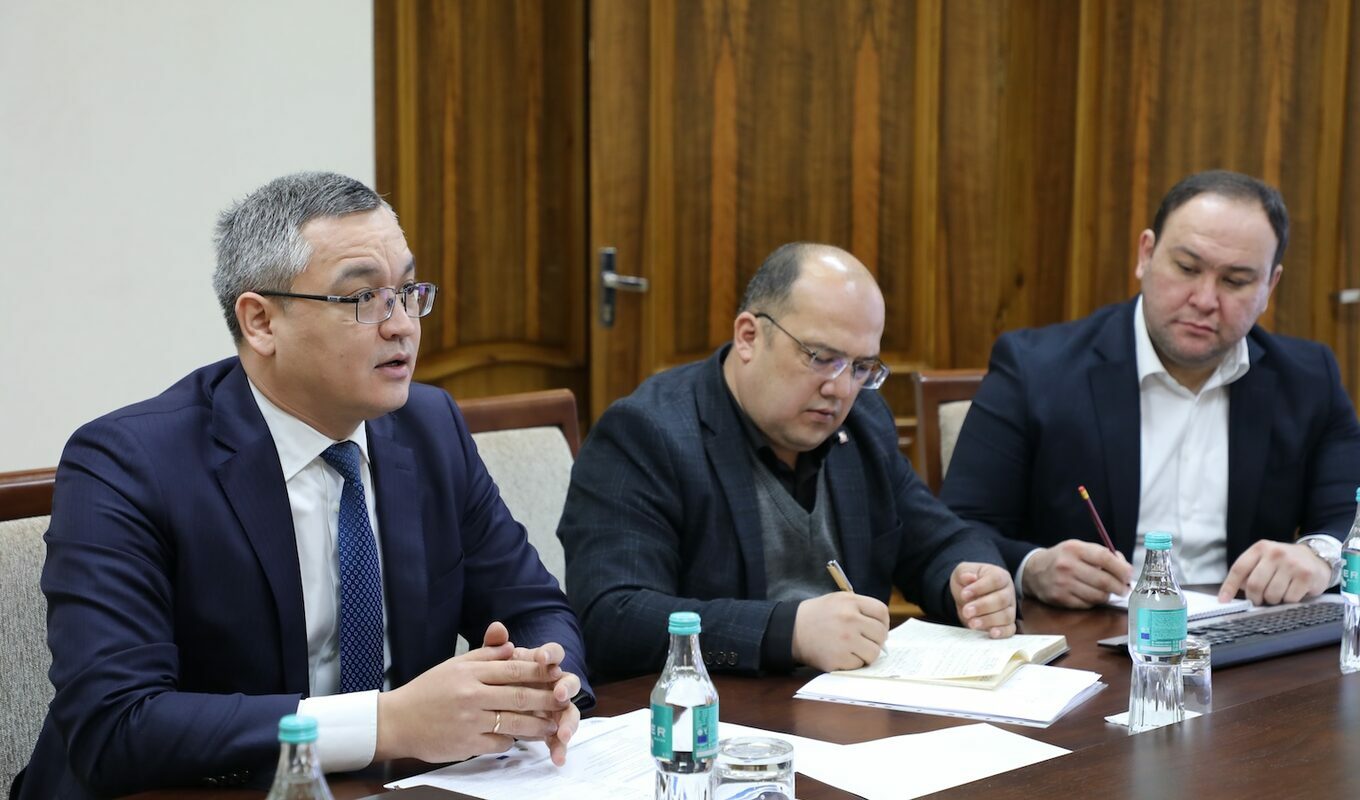Uzbekistan moves to draft national strategy on standardization
04.03.2025 2789When Uzbekistan becomes a member of the World Trade Organization (WTO), its products and services aimed at the export market will need to comply with technical requirements and standards that apply globally.
These kinds of requirements are an important marker for traders. They are set by relevant international bodies to ensure the safety and quality of products. Because they are used and recognized globally, such requirements help to reduce regulations and hassle at the border, which ultimately helps to lower technical barriers of traded goods.
The WTO’s Agreements on Technical Barriers to Trade (TBT) and Sanitary and Phytosanitary measures (SPS) set the disciplines that guide countries’ approach to these requirements. Both agreements also encourage countries to participate in the development and maintenance of international standards.
In parallel, there is a global impetus in international trade to use inputs, such as components and other intermediary products, from companies that operate quality management systems. Therefore, the TBT Agreement encourages countries to also adopt quality control systems that have been internationally agreed, such as the ISO 9000 system advanced by the International Standards Organization.
Need to build critical skills
This branch of global trade is complex and highly technical. Uzbekistan has therefore identified it as a priority area in which to build technical expertise.
As part of this drive, the ITC organized a technical workshop at the request of the Uzbek Agency for Technical Regulation on the ISO methodology for developing a standardization strategy. The workshop was held from 20 to 24 January 2025 in Tashkent, and its key objective was to lay the foundation for the country to develop such a strategy.
Thirty-eight technicians attended, representing Uzbekistan’s key quality control institutions, including the Uzbek Agency for Technical Regulation, the Institute of Standards, the National Institute of Metrology, the Centre for Accreditation, and the ‘UzTest’ laboratory centre.
Context was given by explaining the economic, social and non-economic benefits of national standardization. The rest of the training provided a step-by-step method for developing the strategy, including how to effectively identify and engage key stakeholders in the process, and how to implement and monitor the strategy, once it has been developed.
Identifying the gaps
Thirty participants from private quality control organizations, including testing laboratories and certification bodies, joined the last three days of the training. And 50 specialists from technical committees on standardization were also invited to attend the last day’s training which took place at the Institute of Standards.
The trainer afterwards met with key officials to brief them on the results of the training and indicated knowledge gaps that would require further improvement.
The mission was organized with funding from the EU under the project Facilitating the process of Uzbekistan’s accession to the WTO.
24 January 2025, Tashkent, Uzbekistan – Technicians at the training on ISO methodology for the development of a national standarization strategy.
Photo by UATR

